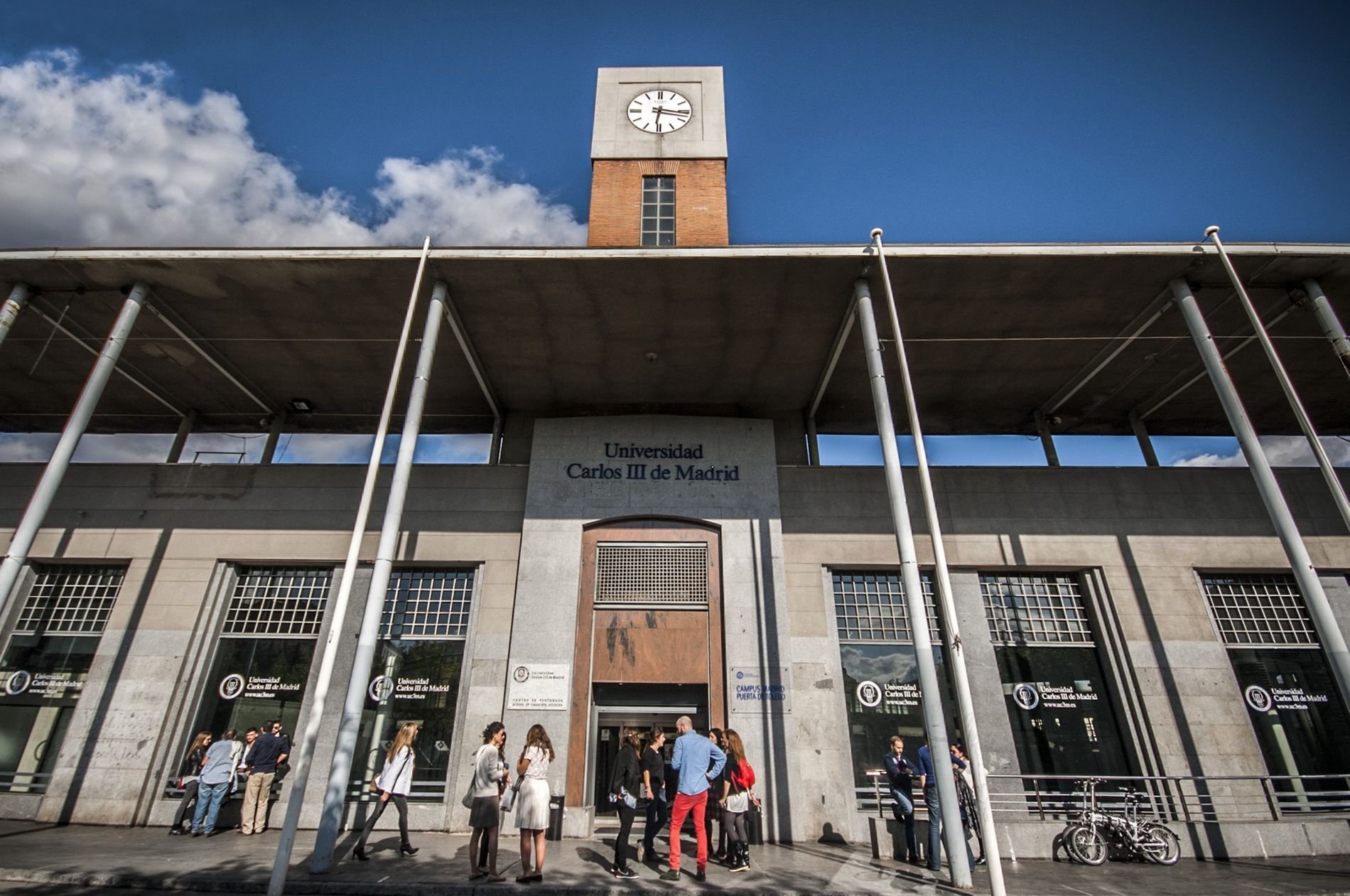Study Sustainable Development and Global Governance in Madrid
MASUS is a Master's Degree at Carlos III University of Madrid offering a vanguard multidisciplinary training to analyze the most pressing problems of sustainable development and global governance
MASUS is a Master’s Program in Sustainable Development and Global Governance at Carlos III University of Madrid (UC3M)
Under the direction of Dr. Isik Özel, Dr. Esteban A. Nicolini, and Dr. Emiliano Travieso
Comprehensive training to tackle the multifaceted challenges of sustainable development
Focused on the most pressing issues: climate change & energy, ecosystems & planetary health, biodiversity, poverty & inequality, gender, globalization & green politics
Hands-on approach: equipping students with skills to produce evidence-based solutions to real-world sustainability problems
State-of-the-art methodological training: expert international faculty from a wide range of disciplines (from Ecology and Mathematics to Political Science, Economics, and History)
Study at the Puerta de Toledo Campus in the heart of Madrid
Embracing a hands-on approach, this one year-and-a-half-long master program equips students with necessary skills to generate evidence-based comprehensive solutions in addressing the challenges of sustainable development.
Conceptual and methodological training in different areas of sustainable development and global governance based on four modules:
Introduction to sustainability entails courses on the Foundations of complex systems for sustainability and governance, Methods in sustainability studies and Integrative workshops.
Socioeconomic sustainability includes courses on Hunger, poverty and inequality; Education and health; Gender equality; Labor markets and sustainable work.
Environmental sustainability encompasses courses like Climate change, energy and global governance; Ecosystems and planetary health; Biodiversity, land and water; Impact evaluation in sustainability; and Environmental Impact Assessment.
Global governance involves courses on Governing the global commons; Geopolitics of natural resources; International law and sustainability; Globalization and international order; Development, international cooperation and finance; Conflict, violence and development; Political economy of immigration; and Green politics, among others.
Faculty
Coming from a range of academic departments in 10 different universities and research centres
Events
Sustainability Seminars, held regularly throughout student’s studies in Madrid. Join us for an upcoming event
Blog
Sustainability Notes is the MASUS blog, showcasing some of the best work produced by our current students
Key Facts
Diverse student body
current students coming from 22 different countries bringing along a wide range of professional and academic backgrounds.
so far, the MASUS community has brought together students from 34 distinct countries.
Equally diverse and international faculty
trained in top world universities
in a range of disciplines, from mathematics and biology to history, economics and political science.
MASUS is taught 100% in English.
MASUS is part of the Erasmus+ Program and the European Credit Transfer and Accumulation System (ECTS).
MASUS students undertake internships at international organizations and the EU agencies, think tanks, development agencies, firms committed to sustainability, national and global NGOs working in the field across the world from Bolivia to Uganda.

Graduates prepared for sustainability careers including:
Public offices specialized in climate change, biodiversity, energy transition, environmental governance, alleviation of social risk, poverty, inequality, and gender
International and regional organizations dealing with environmental and socioeconomic sustainability (such as the respective UN and EU agencies)
Sustainability consultancy firms and other companies committed to developing sustainable solutions, adapting to the green transition, and undertaking environmental impact assessment
Research institutes, think-tanks and NGOs focusing on problems and issue areas that fall into environmental and socioeconomic sustainability as well as global governance.
FAQs
-
Encouraging applications from all academic and professional backgrounds, MASUS offers conceptual and methodological training in different areas of sustainable development based on four modules.
-
Our graduates are likely candidates for a broad range of future careers including:
Public offices specialized in climate change, biodiversity, energy transition, environmental governance, alleviation of social risk, poverty, inequality, and gender
International and regional organizations dealing with environmental and socioeconomic sustainability (such as the respective UN and EU agencies)
Sustainability consultancy firms and other companies committed to developing sustainable solutions, adapting to the green transition, and undertaking environmental impact assessment
Research institutes, think-tanks and NGOs focusing on problems and issue areas that fall into environmental and socioeconomic sustainability as well as global governance.
























